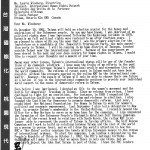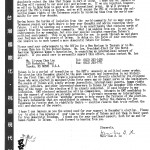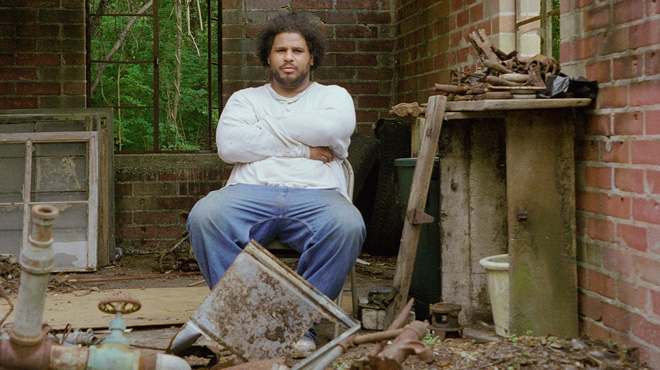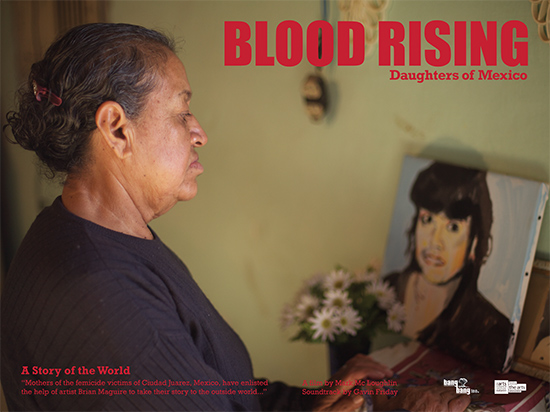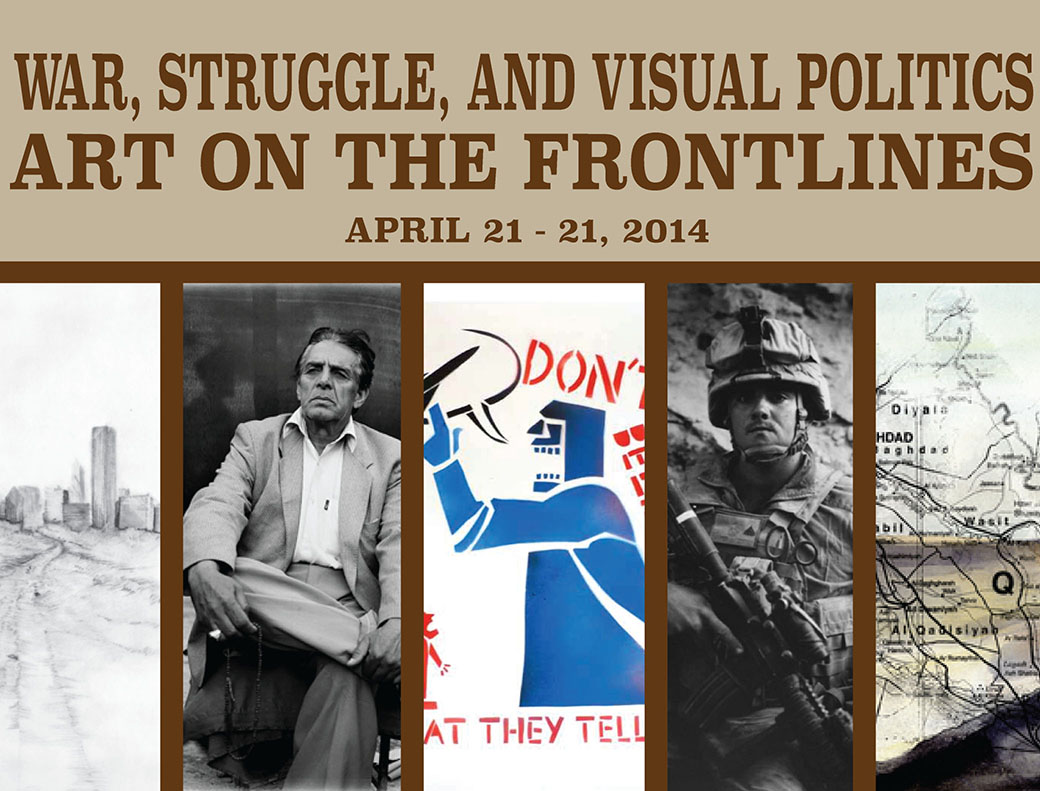Lulu Peng is a graduate student in the Communications Department at the University of Connecticut. She interned at the Archives & Special Collections in the fall of 2014. Her project utilized her skills in Mandarin Chinese to identify and describe content on China in the Laurie S. Wiseberg and Harry Scoble Human Rights Internet Collection.
The Collection is so extensive and to some extent, invaluable in that it records the human rights predicament and movements in different corners of the world. The correspondence, flyers, reports and publications altogether sketch a unique part of the human rights history. These materials, dating back to the late 70s, 80s and the early 90s, demonstrate each aspect of human rights struggle, against death penalty, extrajudicial execution, violence towards minorities, gender inequalities and so on. It is intriguing to observe the encounter of the essentially obscure history and the honest pieces that compose it, as shown in the letters written by the former Vice President of Taiwan, Lu Hsiu-lien to Laurie Wiseberg, and the letters to the Human Rights Internet (HRI) concerning the June Fourth Incident in Beijing 1989, for instance.
-Lulu Peng
